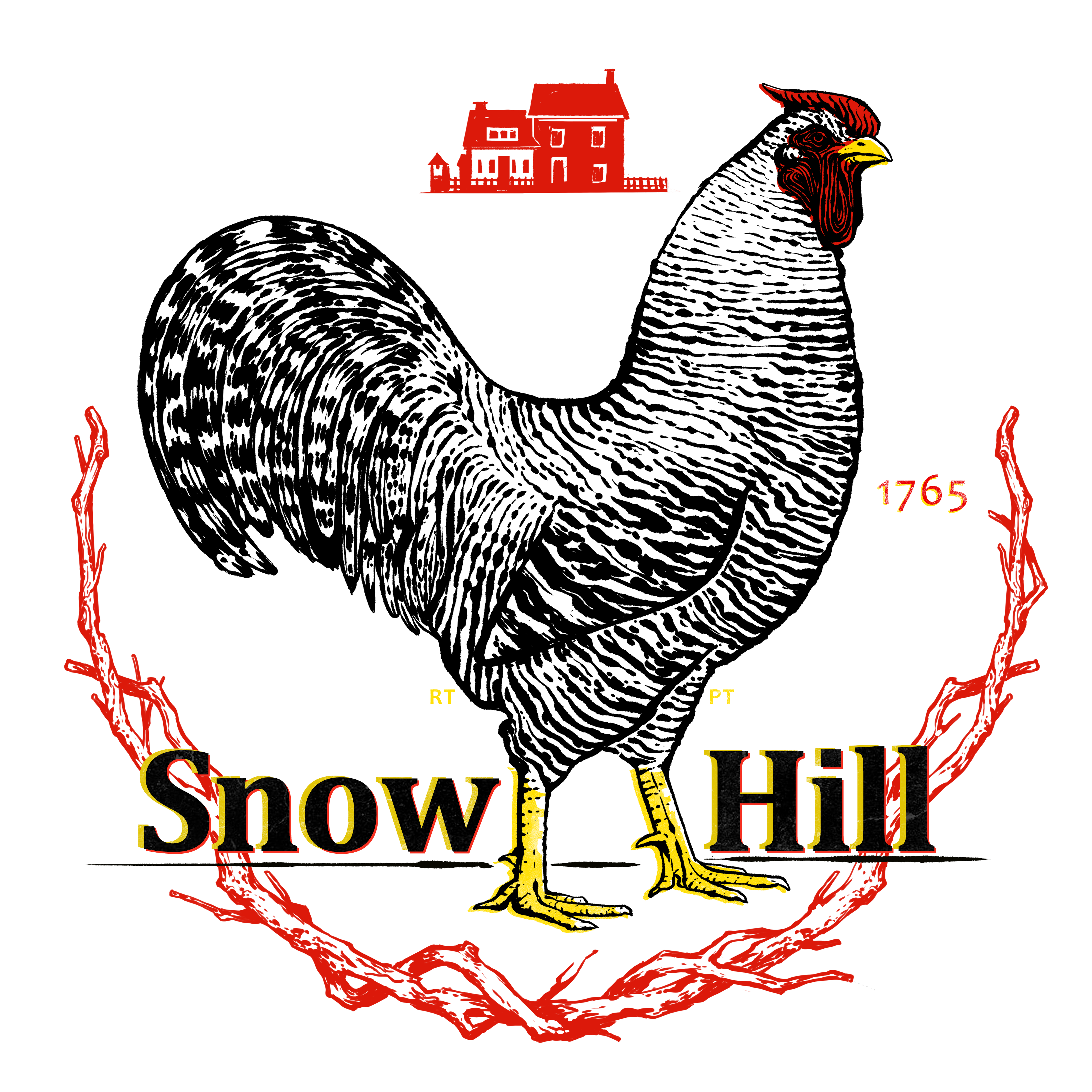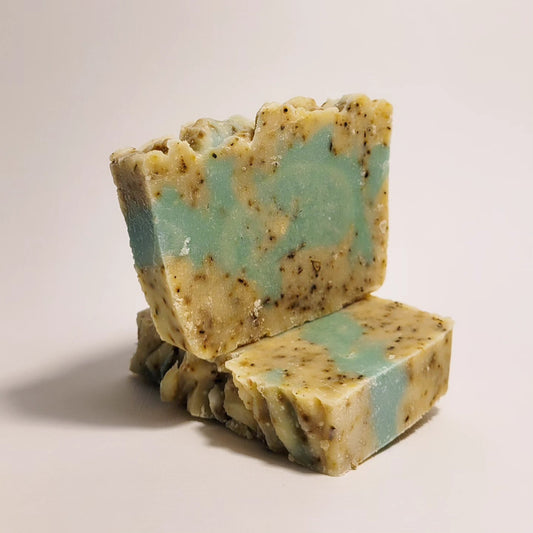- What is a Fecal Float Test?
- Do your own at home Fecal Float Parasite Test
-
How to get a test?
What is a Fecal Float Test?
A parasite fecal float test is a diagnostic test used by veterinarians and farmers to detect the presence of internal parasites in animals, particularly in their gastrointestinal tract.
A small sample of the animal's feces is collected and mixed with a solution that causes any parasite eggs or larvae present in the feces to float to the surface, where they can be examined under a microscope.
This allows the tester to identify the type of parasites present and determine the appropriate treatment to rid the animal of the infestation. Fecal float tests are a common and important tool in maintaining the health and well-being of pets and livestock, and are not as easy to obtain for backyard flocks.
For our local community we are able to, by appointment, provide basic fecal float examination to detect the presence and approximate load of parasite eggs from fresh fecal material. This can help narrow down a diagnosis, and allow for poultry owners to more properly treat their animals.
Pointed and accurate treatment of parasites and disease in our animals prevents resistance and promotes a healthier environment for our animals and wild animals they might come in contact with.
Do your own at home Fecal Float Parasite Test
Supplies needed
- Fecalyzer Sample collector
- Fecal Float Solution
- Microscope (minimum 40x)
- Blank Microscope Slides with Covers
- Time to test: ~30 mins.
Instructions:
Wear gloves for this process and have a place to safely dispose of the fecal material when you are done!
- Collect fresh poop sample from the animal you wish to check. (fresh is best, within 24hrs)
-
Using the Fecalyzer, scoop and fill the empty end of the green sample collector with fecal material, collect at least one gram of poo. (it should fill the empty end)

-
Place the green end into the translucent white container.

-
Fill 2/3 of the container with the fecal float solution.

-
Twist the green insert back and forth, till the poop sample has been thoroughly mixed with the solution. (do not shake because this adds micro bubbles that will make viewing the sample harder)

-
Fill the float sample with enough float solution, that a bulge protrudes at the top of the green insert, held only by surface tension.

-
Place the small square slide cover OVER the surface tension bubble.

-
Let rest UNDISTURBED for at least 15 mins.

-
After the time is up, gently lift off the slide cover, and place onto a plain glass slide, centered.

-
Insert the slide under the microscope, under at least 40x magnification and count the number of eggs present. The higher the number of eggs, generally the more severe an infestation. Some eggs will always be present, but does not necessarily mean the load is high or even causing health issues in the animal. Most backyard flocks come in contact with soil outside, and it is normal to see a few parasites, but more than a few can be a cause of concern.

Egg count numbers provide one piece of the information puzzle for poultry keepers and should still be reviewed by a Veterinary professional as parasitology is a complex and developing science, and results might manifest in unique ways that don't always give us a clear answer as to what is happening within our animals.
How to get a test?
- Use our Contact form or Email us at SnowhillfarmandArt@gmail.com
- To coordinate a time for drop off of a fecal sample.
- Tests are 10$
- This covers the cost of the equipment to run the test such as slides, solution, float cartridge and slip covers.
- Write your NAME and contact information on the sample bag
- Or double bag it with a slip containing your email and phone number! We will not accept bags/sample without contact information
- Collect the sample
- Using a dog poop bag, or other plastic zip bag, and drop it off with us. Freshness is important: make sure the sample is from the current day of the test. DO NOT refrigerate or freeze the sample.
- Results are fast!
- Within 30 minutes we should be able to give our assessment. We will email the results to you with pictures. We are located in Hunterdon County, central New Jersey.
- We do not accept mailed in samples, or pick up samples. Drop off only. Please refer to your vet for diagnosis and treatment, the information provided is for informational purposes only and should not be used in lieu of professional medical opinion. Ask us about our Licensed veterinary referrals as well. There are several avian specialists we can recommend.
Disclaimer: We are not professional veterinarians. We conduct fecal float tests at a layman's level as a service to support the local poultry community. While we strive to provide accurate results and assistance, our services may not be as comprehensive or precise as those offered by licensed veterinary professionals. It is advised to consult with a qualified veterinarian for a thorough examination and diagnosis of any health concerns regarding your animals, medication and treatment options. Our aim is only to contribute to awareness of parasites in backyard flocks, but we encourage seeking professional veterinary care for serious health issues.
Note: We do participate in an affiliate program, if you do decide to check out the same products we use for our animal care, using our links in the articles to them does give us a little bit of a commission at no cost to you.






